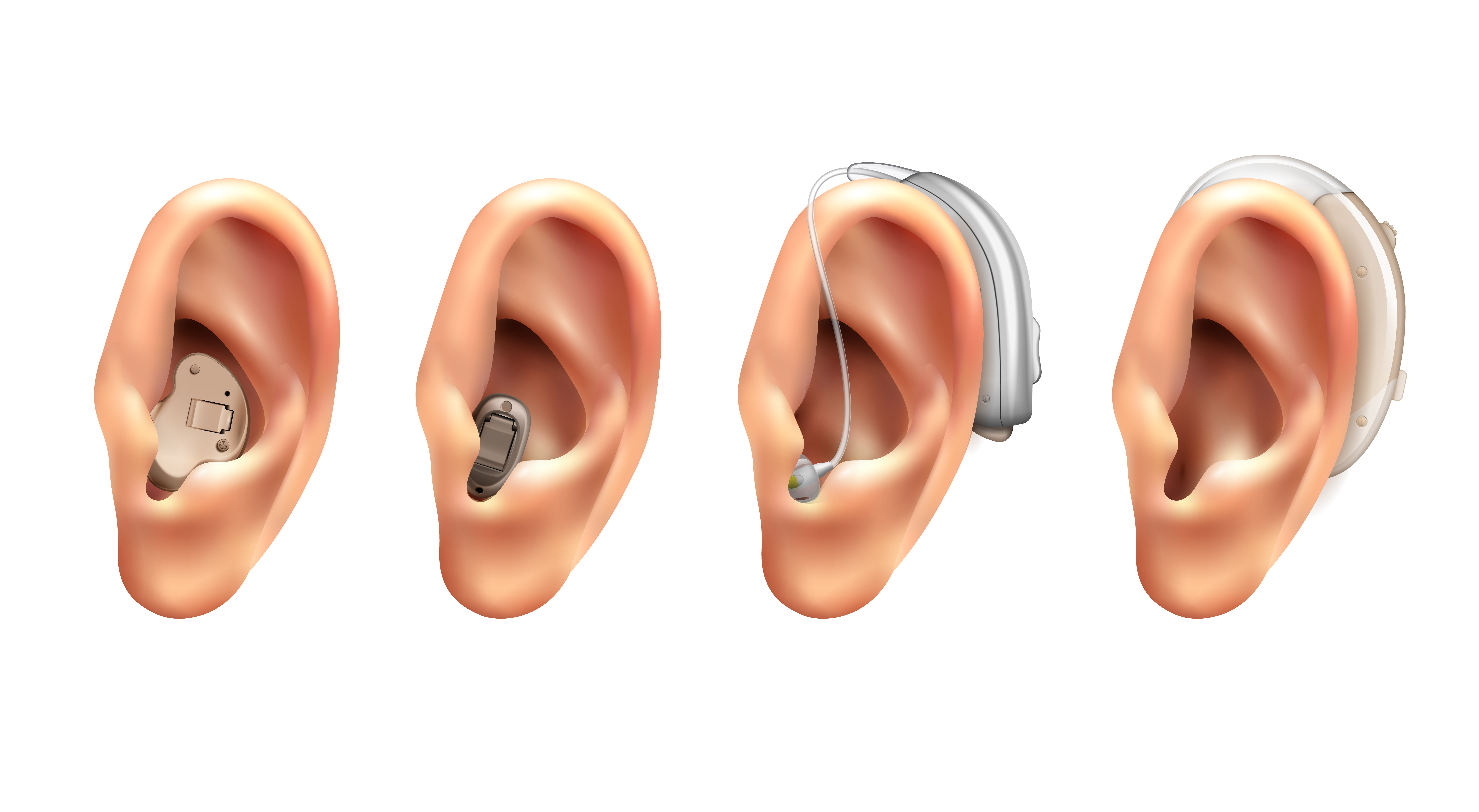
Hearing aids are incredible devices that help people with hearing loss to communicate and engage with the world around them. They are intricate pieces of technology that require proper care and maintenance to ensure they continue to function optimally. In this blog, we will discuss some essential tips for hearing aid maintenance.
The most important aspect of hearing aid maintenance is regular cleaning. Earwax, sweat, and other debris can build up inside the hearing aid, which can affect its performance. You should clean your hearing aids daily with a soft, dry cloth or a special hearing aid cleaning brush. Avoid using water, solvents, or alcohol-based cleaners, as they can damage the device.
Most hearing aids run on batteries, which need to be replaced periodically. The frequency of battery replacement depends on the type of hearing aid and how often you use it. Generally, hearing aid batteries last between 3-20 days, depending on usage. It's important to check the battery level regularly and change the batteries when necessary. A low battery can cause your hearing aid to produce distorted sound or stop working altogether.
Moisture is one of the most common causes of hearing aid damage. It can cause corrosion, rust, and other forms of damage to the device's delicate components. To protect your hearing aids from moisture, avoid wearing them in the shower or swimming pool. Also, remove them before applying any hair care products or sunscreen, as these can also damage the hearing aid.
When you're not wearing your hearing aids, it's essential to store them properly. A hearing aid case is an excellent way to protect your device from dust, debris, and accidental damage. Avoid storing your hearing aids in direct sunlight, high-temperature environments, or humid areas. These conditions can damage the device's battery, microphone, and other components.
Finally, it's essential to schedule regular maintenance checks with your hearing healthcare provider. They can clean and inspect your hearing aids, check the battery level, and make any necessary adjustments to ensure that the device is working correctly. Regular maintenance checks can extend the lifespan of your hearing aids and prevent more costly repairs in the future.
In conclusion, hearing aid maintenance is crucial for ensuring that your device continues to function optimally. By following these tips, you can keep your hearing aid in excellent condition and enjoy improved hearing for years to come.